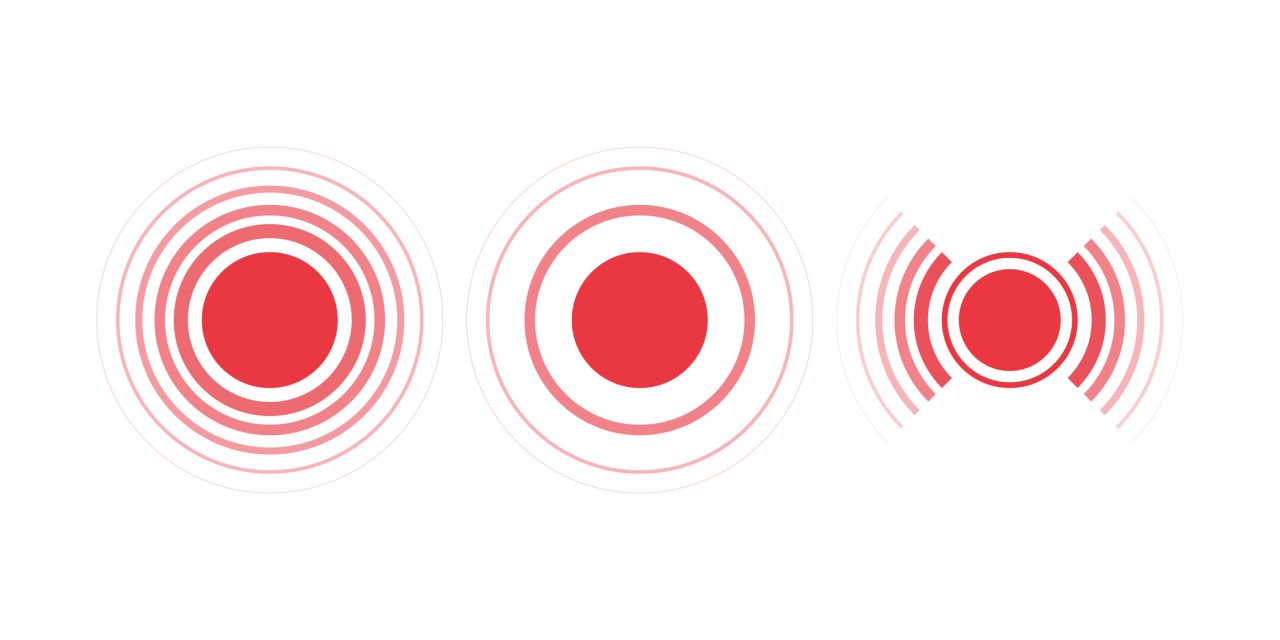Residual confounding is a major concern for causal inference in observational studies on air pollution-autism spectrum disorder (ASD) associations. This study is aimed at assessing confounding in these associations using negative control exposures.
This nested case-control study included all children diagnosed with ASD (detected through 31 December 2016) born during 2007-2012 in Israel and residing in the study area (N= 3,843), and matched controls of the same age (N= 38,430). We assigned individual house-level exposure estimates for each child. We estimated associations using logistic regression models, mutually adjusted for all relevant exposure periods (pre-pregnancy, pregnancy, and postnatal). We assessed residual confounding using post-outcome negative control exposure at age 28-36 months.
In mutually adjusted models we observed positive associations with ASD for postnatal exposures to NOx (odds ratio [OR] per interquartile range, 95% confidence interval [CI]: 1.19, 1.02-1.38) and NO2 (1.20, 1.00-1.43), and gestational exposure to PM2.5-10 (1.08, 1.01-1.15). The result for the negative control period was 1.04, 0.99-1.10 for PM2.5, suggesting some residual confounding, but no associations for PM2.5-10 (0.98, 0.81-1.18), NOx (1.02, 0.84-1.25) or NO2 (0.98, 0.81-1.18), suggesting no residual confounding.
Our results further support a hypothesized causal link with ASD that is specific to postnatal exposures to traffic-related pollution.
Copyright © 2021 Wolters Kluwer Health, Inc. All rights reserved.
Air pollution and autism spectrum disorder in Israel: A negative control analysis.


